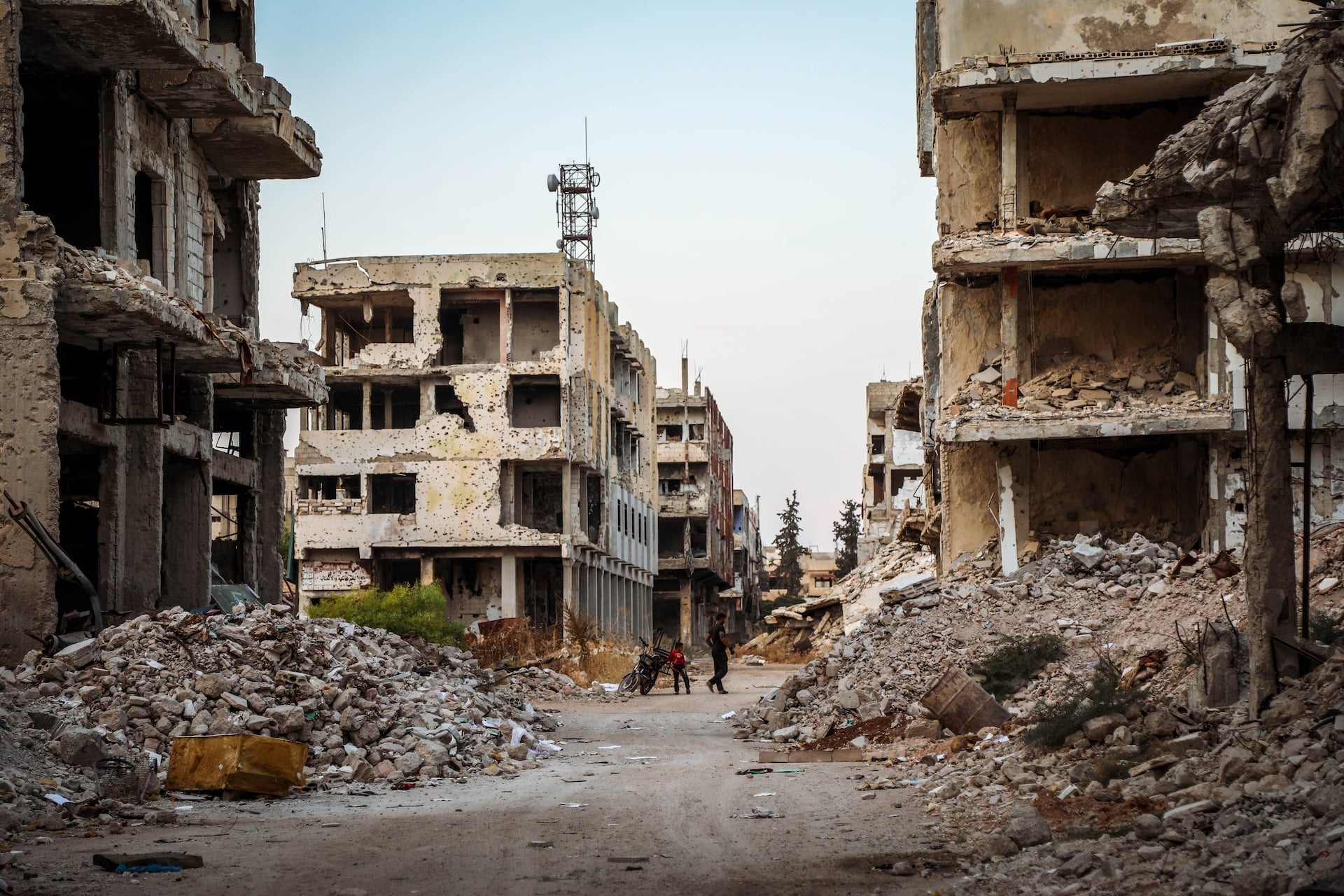Local officials in north-eastern Syria have reported a series of Turkish drone strikes on Wednesday that resulted in casualties in a Kurdish-controlled town near the border with Turkey.
In contrast to previous attacks by Turkey, which often targeted Syrian Kurdish fighters, the strikes on Wednesday claimed the lives of three members of a local Christian militia. Additionally, two others were wounded in the Turkish drone strikes on the town of Derik in north-eastern Syria.
Turkey has remained silent regarding these recent attacks. However, it has been consistently targeting areas under the control of the Syrian Democratic Forces (SDF), a Kurdish-led military alliance that has been a significant partner for the United States in combating Islamic State group militants.
In recent months, Turkey’s attacks have escalated. Turkey perceives the SDF as an extension of the PKK, which Ankara and Washington both classify as a terrorist organization. Nevertheless, the United States draws a distinction between the two Kurdish groups.
Turkey’s strategic objective involves establishing a buffer zone to deprive the PKK of bases abroad and to prevent the emergence of a contiguous area of autonomous Kurdish rule across borders, which could fuel demands for an independent state, according to the Council on Foreign Relations.
The Christian group targeted by Turkey on Wednesday is known as Sutoro, a local security force affiliated with the Syriac Military Council, which in turn is part of the SDF. Founded in 2012 during Syria’s civil war, Sutoro allied with Kurdish forces to safeguard Christians and other communities in north-eastern Syria from various armed groups.
Kurdish officials emphasize that Christian representation within the SDF highlights the diversity of north-eastern Syria and its autonomous administration.
The autonomous administration was established in 2014, with Christian groups among the first to join the SDF in 2015. They consider themselves genuine partners in governing and safeguarding this part of Syria, according to Farhad Shami, a spokesperson for the SDF.
Christians constituted approximately 10% of Syria’s pre-war population of 23 million. However, many have fled the country since the conflict erupted in 2011, particularly after the rise of Islamist extremist groups.
Experts note that Christian forces in north-eastern Syria have played a pivotal role in combating IS, also known as ISIS.
The Syriac Security Forces (Sutoro) demonstrated remarkable bravery in 2015 by repelling ISIS and preventing a massacre of Christians in the Khabur River Valley, remarked Myles B. Caggins III, a non-resident senior fellow at the New Lines Institute and former spokesperson for the Global Coalition to Defeat ISIS in Iraq and Syria.
Cross-border attacks by Turkey on military targets and civilian infrastructure exacerbate suffering throughout northeastern Syria and undermine efforts to combat IS remnants, Caggins added.
US troops have provided training and guidance to anti-ISIS forces affiliated with the Syriac Military Council. Caggins lamented the unjust killings of America’s partners in north-eastern Syria due to Turkish attacks.
According to the Rojava Information Centre, a pro-Kurdish monitoring group in Syria, Turkey has conducted 76 drone strikes in the northeast since the beginning of the year.
Last year, Turkish Foreign Minister Hakan Fidan stated that the objective of such attacks was to dismantle the organizational infrastructure and revenue sources of “terrorist organizations,” referring to Kurdish groups and their allies.
However, Amy Austin Holmes, a research professor at George Washington University, argued that Syrian Christian armed groups and their Kurdish allies do not pose a threat to Turkey. On the contrary, they enhance Turkey’s security by defeating ISIS and safeguarding its southern border from other threats.
Image Credit: Mahmoud Sulaiman/ Unsplash



















